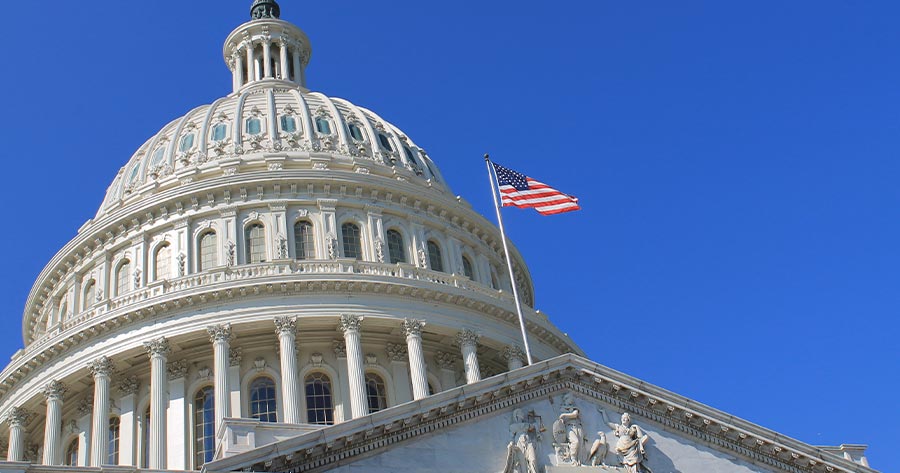Every time the bill is about to expire, like clockwork, the United States Congress engages in a high-stakes dance that often leads the government to the brink of a shutdown. This predictable ritual is not merely frustrating for those directly affected but is indicative of a deeper dysfunction within the political system. It’s time for Congress to break this cycle of last-minute budget brinkmanship and adopt a more responsible approach to governance.
At the heart of this perennial crisis lies a complex mix of political strategy and procedural complications. Political parties often use the threat of a shutdown as leverage in negotiations, hoping to extract policy concessions at the eleventh hour. In a deeply polarized political climate, these negotiations become even more fraught, with each party viewing compromise as a potential betrayal of their base. The result is a perennial game of chicken, where the looming threat of a shutdown is used as a negotiating tool.
The repercussions of these shutdowns are not just theoretical. Just a few years ago, a brief government shutdown led to the closure of numerous national museums and parks, disrupting travel plans and educational opportunities for countless families. In Washington, D.C., vital public transportation services faced interruptions, leaving daily commuters scrambling for alternatives. These closures serve as stark reminders of the tangible impacts that political brinkmanship can have on everyday life, highlighting the urgent need for a more dependable budgeting process.
One significant shutdown took place from December 22, 2018, to January 25, 2019, lasting 35 days, which was the longest in U.S. history. Another brief shutdown occurred earlier in 2018, from January 20 to January 22. During these shutdowns, various government services were affected, including closures of some national parks and museums, and disruptions in other public services.
However, this approach is neither effective nor sustainable. The constant brinkmanship creates significant uncertainty for federal agencies and programs, potentially disrupting services that millions of Americans rely on. From national parks to vital safety-net programs, the ripple effects of a government shutdown can be wide-ranging and damaging. Furthermore, this cycle erodes public trust in government, as citizens witness elected officials consistently struggling to fulfill one of their most basic responsibilities: keeping the government funded and operational.
The procedural hurdles that contribute to these delays are significant, but not insurmountable. What is needed is a renewed commitment to bipartisan cooperation and forward-thinking legislation. Instead of waiting until the 11th hour, Congress should prioritize budget discussions earlier in the fiscal year, engage in more transparent negotiations, and establish mechanisms that encourage timely deliberations.
Moreover, it’s crucial for lawmakers to recognize the broader implications of this brinkmanship. While it may serve short-term political goals, it ultimately undermines the stability and credibility of the nation’s governance. By adopting a more proactive and collaborative approach, Congress can break the cycle of budget brinkmanship and demonstrate a commitment to effective governance.
In conclusion, the time has come for Congress to step away from the edge. It’s an opportunity to restore faith in the legislative process and ensure that the government serves the people efficiently and reliably. Ending the cycle of last-minute budget brinkmanship is not just a political necessity; it’s a moral imperative.





